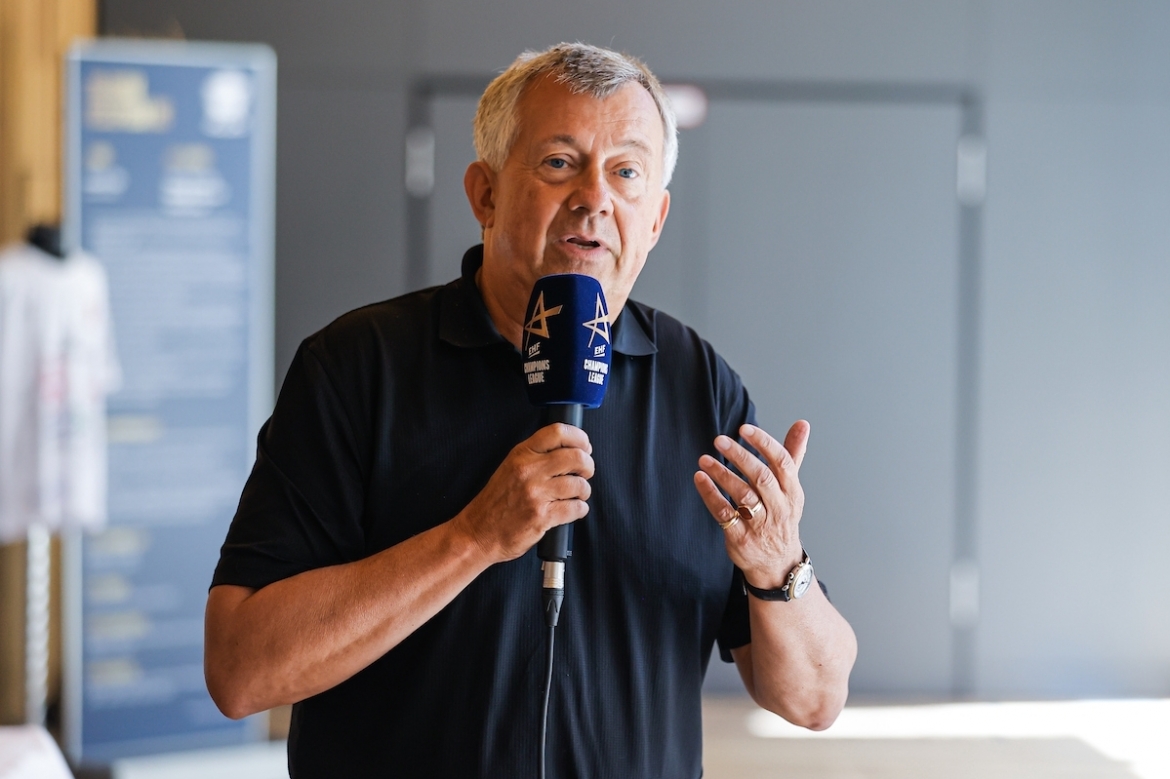EHF and SEHA GSS together
Special interview: Michael Wiederer

It is a great pleasure to host EHF’s secretary general and dear friend Mr. Michael Wiederer on SEHA GSS league’s site. Reason for this to happen right now is Mr. Wiederer’s visit to SEHA league’s leaders in order to make these two organizations closer which would result in easier achieving the goal these organizations share - promoting handball and helping it reach higher level. We would again like to thank Mr. Wiederer for this interview…
It's been 20 years since EHF was established. How much, in your opinion, has handball changed since back then?
Handball has changed a huge amount over the past 20 years, not just on a technical level and the way the game is played, but also how the game is presented to the outside world through the media and television as well as to those watching the event live in the arena.
Are you satisfied with the evident EHF's progress in 20 years?
The EHF organisation started from zero, with no competitions and just two members of staff, we can see over the past 20 years that the sport and the federation have developed rapidly, with 20 men’s and women’s European Championships and 20 years of our top club competitions, the men’s and women’s EHF Champions League. We have made very good progress, but of course you can never be satisfied, because this is what drives further progress and developments.
What are your plans in future?
There is a discussion going on right now about how we can develop the Champions League and the EURO events in the future to further establish our top events on the international sports market.
What does EHF think about handball's regionalization in Europe?
Since the EHF was founded with some 30 countries, the number of members has increased, in part due to political changes, to around 50 nations. With many smaller countries it is a consequence that regional leagues develop as a measure to safeguard the top level clubs.
What do you think about SEHA Gaszprom South Stream league? This is the third season,
for the first time with such a big sponsor?
The SEHA league is regarded as a serious club competition in Europe, the fact that the league has acquired a major title sponsor also gives the competition a higher economic value.
How is the cooperation going between EHF and SEHA GSS league?
According to EHF statutes, cross border league should be registered with the EHF, the SEHA was approved by the EHF Executive and has so far made a valuable contribution to club handball.
Can SEHA anyhow look for a way to get out to Europe?
The SEHA League is part of the European club handball scene and most of the clubs playing are already part of the EHF Champions League or EHF Cup competitions.
Is it real to think that some day league's champion or even any other club would be
allowed to play in EHF's European Cup competitions?
There are of course on-going talks however the issue has to be seen in a global perspective in relation to the developments in the new structure of the VELUX EHF Champions League in the future.
Do you think that regionalization is making national leagues better and stronger?
For some national leagues in Europe it is unthinkable to have some of their teams not playing in the first phase of national competition whereas others see it as good to be able to have a balanced competition.
Can it raise them on a higher level so that they can be competitive in Europe?
This is more a question of individual club performance, some can profit from a stronger local or regional structure and are then able to better present good arguments for sponsors.
What does EHF think of SEHA league leaders's effort to create serious competition with
'EHF's rules' in countries which are in handball world known for their great organising
abilities?
The EHF very much appreciates the efforts of the SEHA League to develop the competition to a high standard, this undoubtedly also supports the EHF in its ambitions to work with clubs at a high level in competitions such as the Champions League.
What is EHF's opinion of the modern handball in which rich clubs are taking away
the best players and other are struggling to survive?
In principle it is of course good for a balanced competition for the top players to be spread amongst different clubs, however it is clear that clubs operate in a free market. The EHF needs to ensure correct procedures but can only influence the process by providing top level competitions for a large number of clubs.
In last 20 years only 2 times European champions weren't from Germany or Spain.
Is that 'killing' handball?
In the last few years we have seen the rise of new clubs and countries and they have closed the gap on the more established nations. We only have to look at the success of Kielce in last season’s VELUX EHF Champions League in reaching the VELUX EHF FINAL4 - and finishing third - also the continued strong development of clubs like Veszprem, Skopje and Zagreb means that perhaps it won’t be too long before we see other nations making the breakthrough. Of course these decisions are ultimately made on the playing court!
Does EHF offer some kind of a protection to handball quality and in which way?
The continued development of our top competitions such as the EHF EURO and the VELUX EHF Champions League - including the introduction of the VELUX EHF FINAL4 - as well as the technical services offered by the EHF offers us a platform not just for the continued development of the sport but also for supporting the sport.
Can regionalization change handball? Tomorrow the same thing can happen in
Scandinavia, former USSR countries already have Baltic league and one can sense
crisis even in one of the strongest handball countries in Europe like Spain.
Regionalisation cannot be seen as a final result, we need strong and healthy clubs in order to continue the success of top level handball.
In the end we would like to invite you to be our guest at the SEHA League Final Four?
Of course, the EHF would be delighted to attend, depending on schedules, and would look forward to following one of the top club events in handball.










